文章目录
- 前言
- 一、huggingface的trainer的self.state与self.control初始化调用
- 二、TrainerState源码解读(self.state)
- 1、huggingface中self.state初始化参数
- 2、TrainerState类的Demo
- 三、TrainerControl源码解读(self.control)
- 总结
前言
在 Hugging Face 中,self.state 和 self.control 这两个对象分别来源于 TrainerState 和 TrainerControl,它们提供了对训练过程中状态和控制流的访问和管理。通过这些对象,用户可以在训练过程中监视和调整模型的状态,以及控制一些重要的决策点。
一、huggingface的trainer的self.state与self.control初始化调用
trainer函数初始化调用代码如下:
# 定义Trainer对象
trainer = Trainer(
model=model,
args=training_args,
train_dataset=train_dataset,
)
在Trainer()类的初始化的self.state与self.control初始化调用,其代码如下:
class Trainer:
def __init__(
self,
model: Union[PreTrainedModel, nn.Module] = None,
args: TrainingArguments = None,
data_collator: Optional[DataCollator] = None,
train_dataset: Optional[Dataset] = None,
eval_dataset: Optional[Union[Dataset, Dict[str, Dataset]]] = None,
tokenizer: Optional[PreTrainedTokenizerBase] = None,
model_init: Optional[Callable[[], PreTrainedModel]] = None,
compute_metrics: Optional[Callable[[EvalPrediction], Dict]] = None,
callbacks: Optional[List[TrainerCallback]] = None,
optimizers: Tuple[torch.optim.Optimizer, torch.optim.lr_scheduler.LambdaLR] = (None, None),
preprocess_logits_for_metrics: Optional[Callable[[torch.Tensor, torch.Tensor], torch.Tensor]] = None,
):
...
self.state = TrainerState(
is_local_process_zero=self.is_local_process_zero(),
is_world_process_zero=self.is_world_process_zero(),
)
self.control = TrainerControl()
...
二、TrainerState源码解读(self.state)
1、huggingface中self.state初始化参数
这里多解读一点huggingface的self.state初始化调用参数方法,
self.state = TrainerState(
is_local_process_zero=self.is_local_process_zero(),
is_world_process_zero=self.is_world_process_zero(),
)
而TrainerState的内部参数由trainer的以下2个函数提供,可知道这里通过self.args.local_process_index与self.args.process_index的值来确定TrainerState方法的参数。
def is_local_process_zero(self) -> bool:
"""
Whether or not this process is the local (e.g., on one machine if training in a distributed fashion on several
machines) main process.这个过程是否是本地主进程(例如,如果在多台机器上以分布式方式进行训练,则是在一台机器上)。
"""
return self.args.local_process_index == 0
def is_world_process_zero(self) -> bool:
"""
Whether or not this process is the global main process (when training in a distributed fashion on several
machines, this is only going to be `True` for one process).这个过程是否是全局主进程(在多台机器上以分布式方式进行训练时,只有一个进程会返回True)。
"""
# Special case for SageMaker ModelParallel since there process_index is dp_process_index, not the global
# process index.
if is_sagemaker_mp_enabled():
return smp.rank() == 0
else:
return self.args.process_index == 0
self.args.local_process_index与self.args.process_index来源self.args
2、TrainerState类的Demo
介于研究state,我写了一个Demo来探讨使用方法,class TrainerState来源huggingface。该类实际就是一个存储变量的方式,变量包含epoch: Optional[float] = None, global_step: int = 0, max_steps: int = 0等内容,也进行了默认参数赋值,其Demo如下:
from dataclasses import dataclass
import dataclasses
import json
from typing import Dict, List, Optional, Union
@dataclass
class TrainerState:
epoch: Optional[float] = None
global_step: int = 0
max_steps: int = 0
num_train_epochs: int = 0
total_flos: float = 0
log_history: List[Dict[str, float]] = None
best_metric: Optional[float] = None
best_model_checkpoint: Optional[str] = None
is_local_process_zero: bool = True
is_world_process_zero: bool = True
is_hyper_param_search: bool = False
trial_name: str = None
trial_params: Dict[str, Union[str, float, int, bool]] = None
def __post_init__(self):
if self.log_history is None:
self.log_history = []
def save_to_json(self, json_path: str):
"""Save the content of this instance in JSON format inside `json_path`."""
json_string = json.dumps(dataclasses.asdict(self), indent=2, sort_keys=True) + "\n"
with open(json_path, "w", encoding="utf-8") as f:
f.write(json_string)
@classmethod
def load_from_json(cls, json_path: str):
"""Create an instance from the content of `json_path`."""
with open(json_path, "r", encoding="utf-8") as f:
text = f.read()
return cls(**json.loads(text))
if __name__ == '__main__':
state = TrainerState()
state.save_to_json('state.json')
state_new = state.load_from_json('state.json')
我这里使用state = TrainerState()方法对TrainerState()类实例化,使用state.save_to_json('state.json')进行json文件保存(如下图),若修改里面参数,使用state_new = state.load_from_json('state.json')方式载入会得到新的state_new实例化。
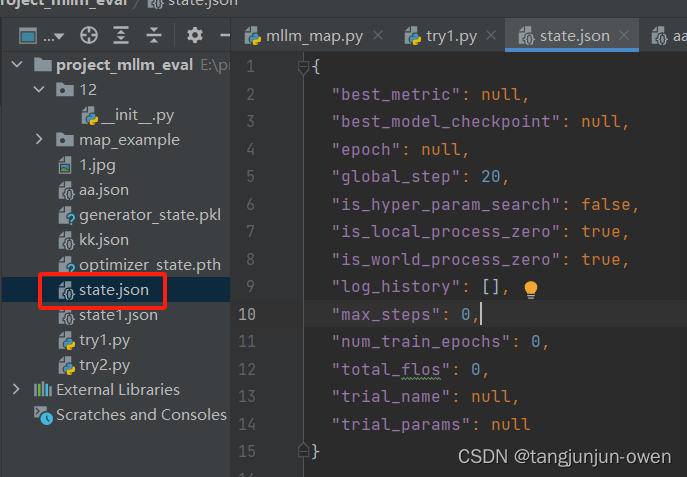
三、TrainerControl源码解读(self.control)
该类实际就是一个存储变量的方式,变量包含 should_training_stop: bool = False, should_epoch_stop: bool = False, should_save: bool = False, should_evaluate: bool = False, should_log: bool = False内容,也进行了默认参数赋值,其源码如下:
@dataclass
class TrainerControl:
"""
A class that handles the [`Trainer`] control flow. This class is used by the [`TrainerCallback`] to activate some
switches in the training loop.
Args:
should_training_stop (`bool`, *optional*, defaults to `False`):
Whether or not the training should be interrupted.
If `True`, this variable will not be set back to `False`. The training will just stop.
should_epoch_stop (`bool`, *optional*, defaults to `False`):
Whether or not the current epoch should be interrupted.
If `True`, this variable will be set back to `False` at the beginning of the next epoch.
should_save (`bool`, *optional*, defaults to `False`):
Whether or not the model should be saved at this step.
If `True`, this variable will be set back to `False` at the beginning of the next step.
should_evaluate (`bool`, *optional*, defaults to `False`):
Whether or not the model should be evaluated at this step.
If `True`, this variable will be set back to `False` at the beginning of the next step.
should_log (`bool`, *optional*, defaults to `False`):
Whether or not the logs should be reported at this step.
If `True`, this variable will be set back to `False` at the beginning of the next step.
"""
should_training_stop: bool = False
should_epoch_stop: bool = False
should_save: bool = False
should_evaluate: bool = False
should_log: bool = False
def _new_training(self):
"""Internal method that resets the variable for a new training."""
self.should_training_stop = False
def _new_epoch(self):
"""Internal method that resets the variable for a new epoch."""
self.should_epoch_stop = False
def _new_step(self):
"""Internal method that resets the variable for a new step."""
self.should_save = False
self.should_evaluate = False
self.should_log = False
总结
本文主要介绍huggingface的trainer中的self.control与self.state的来源。

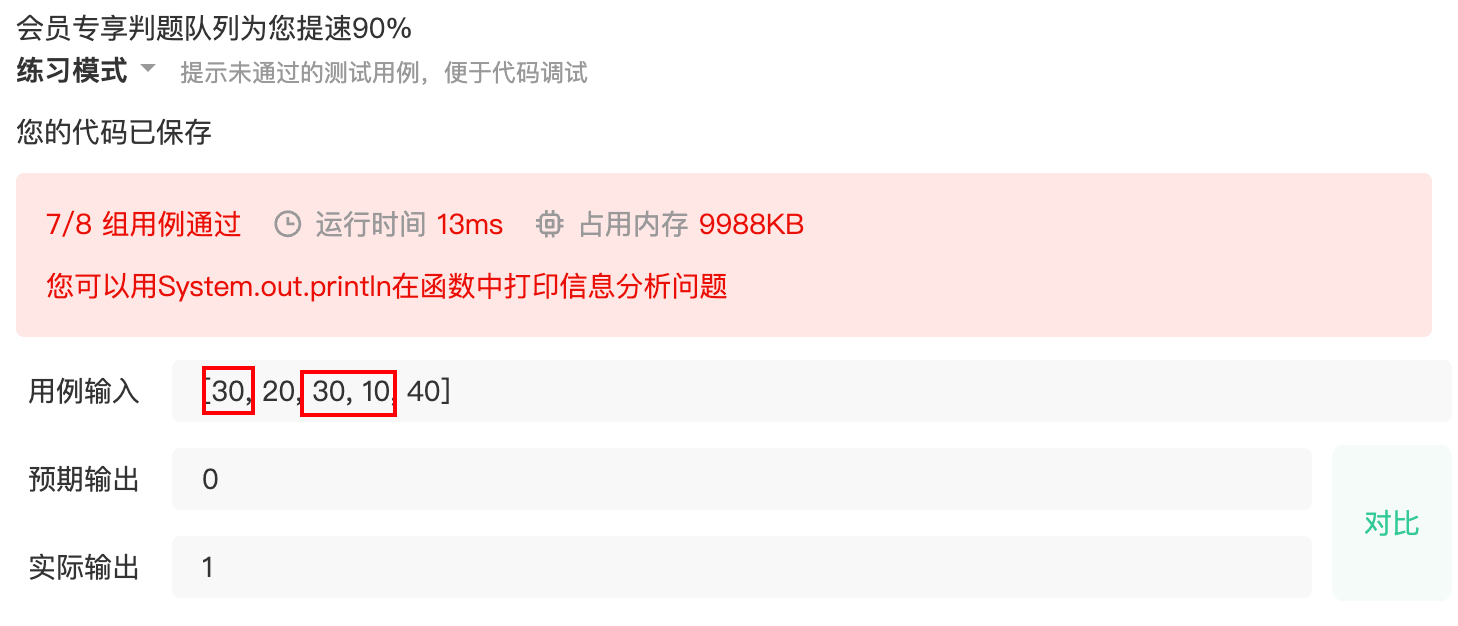


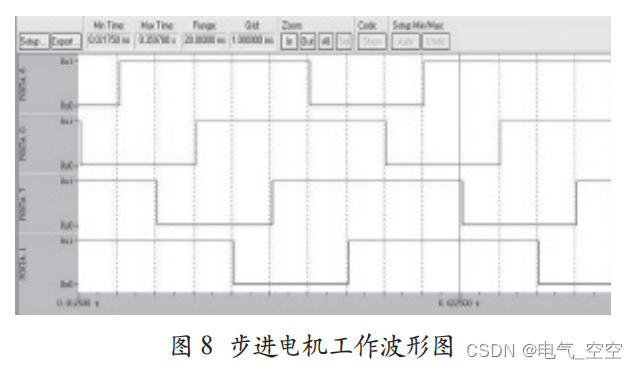

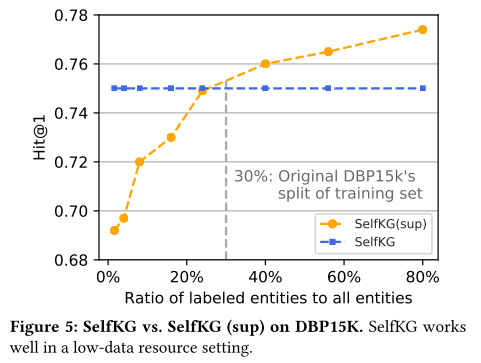



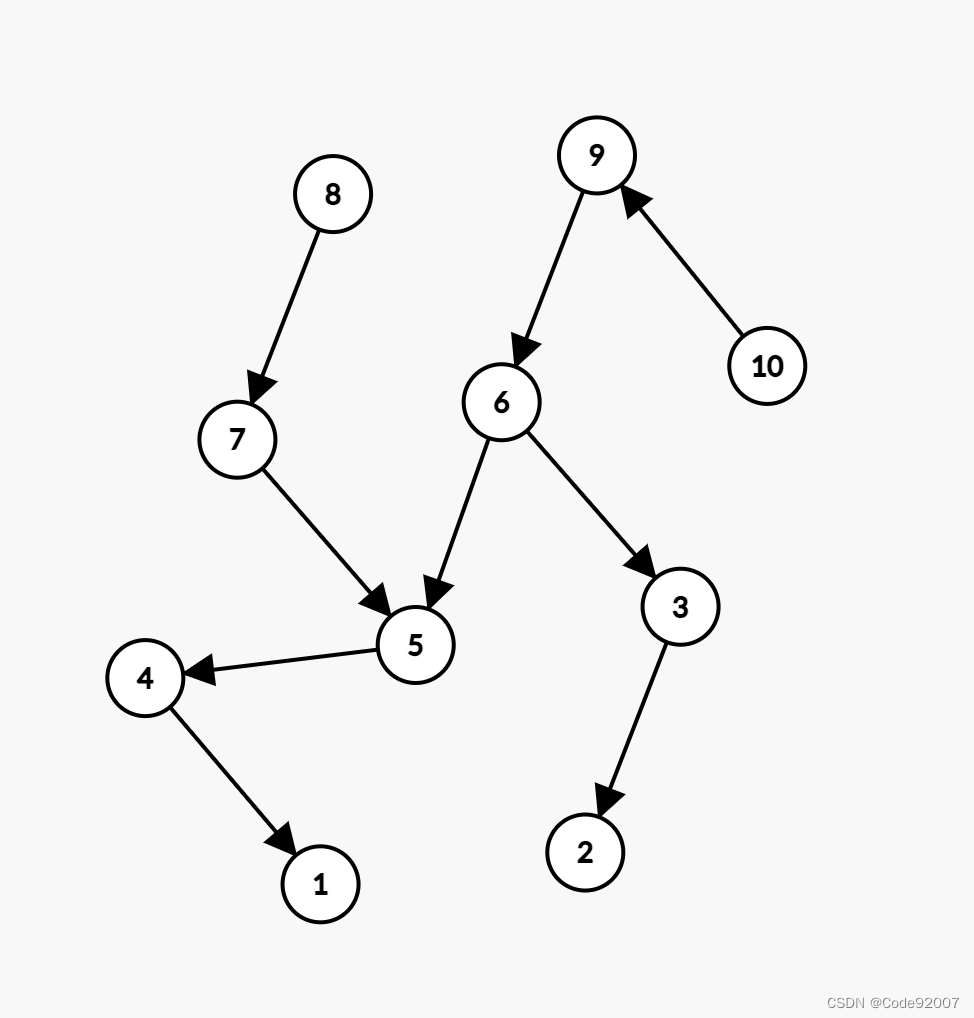
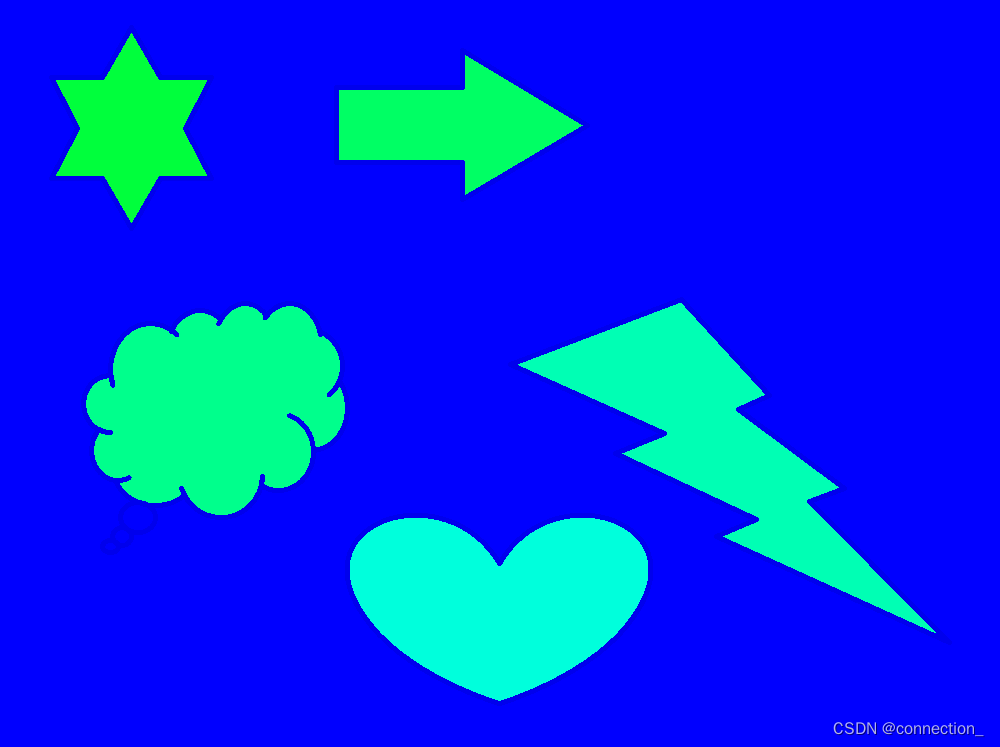


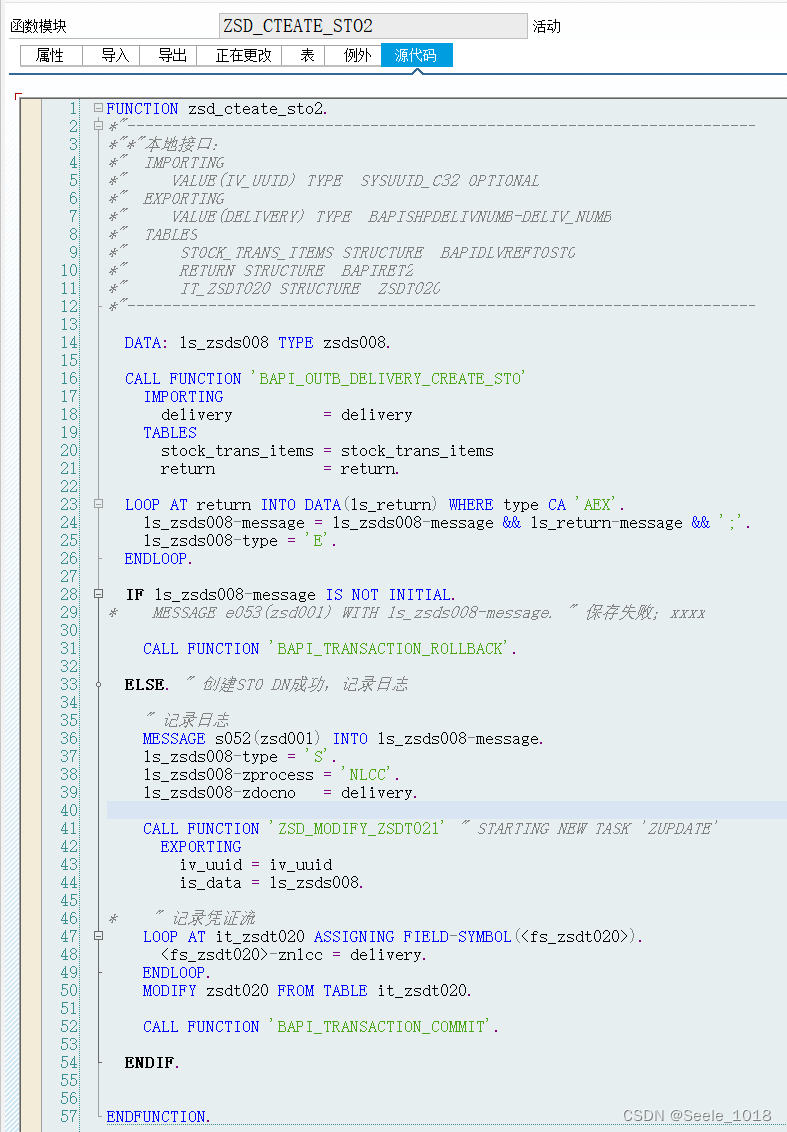
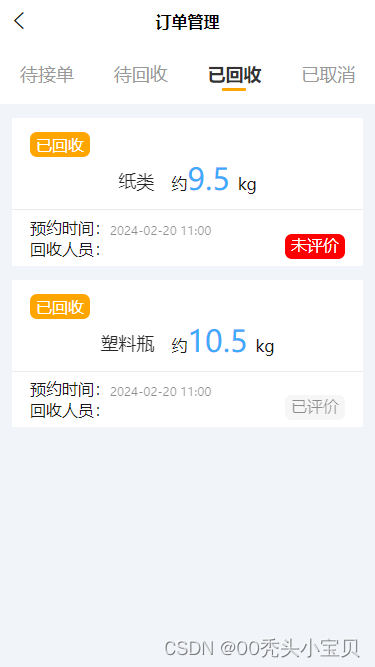
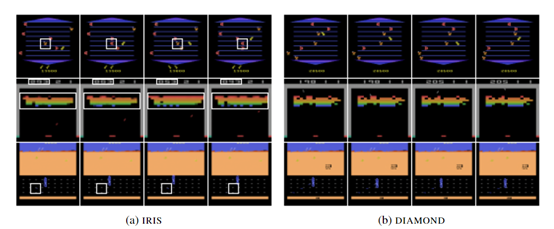

![[ C++ ] 深入理解模板( 初 阶 )](https://img-blog.csdnimg.cn/direct/763c7807f8c84e8bbd5cb76483989a77.png)